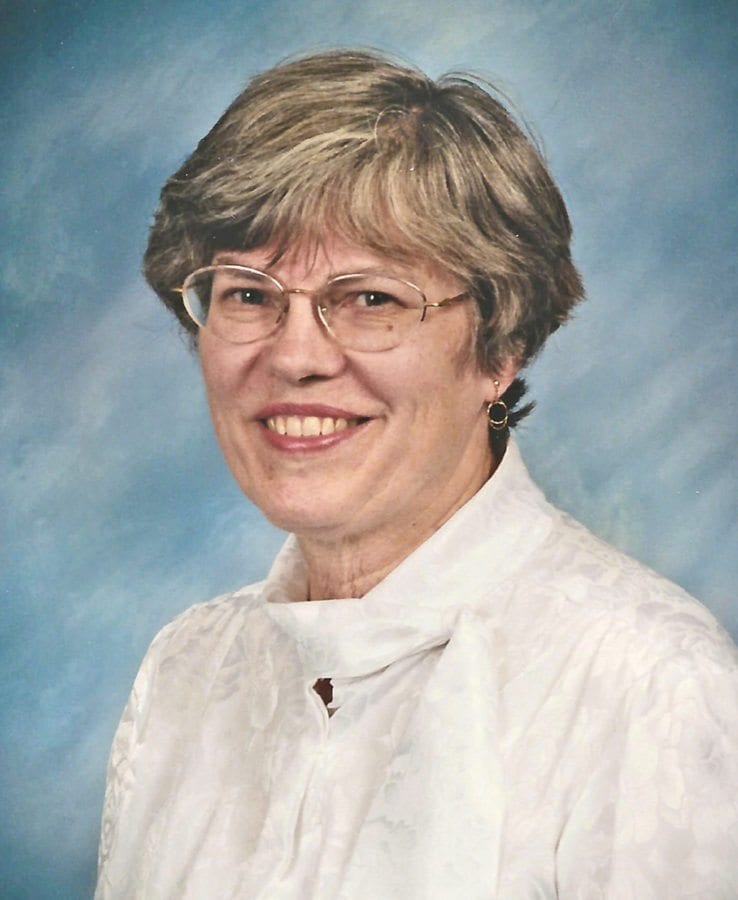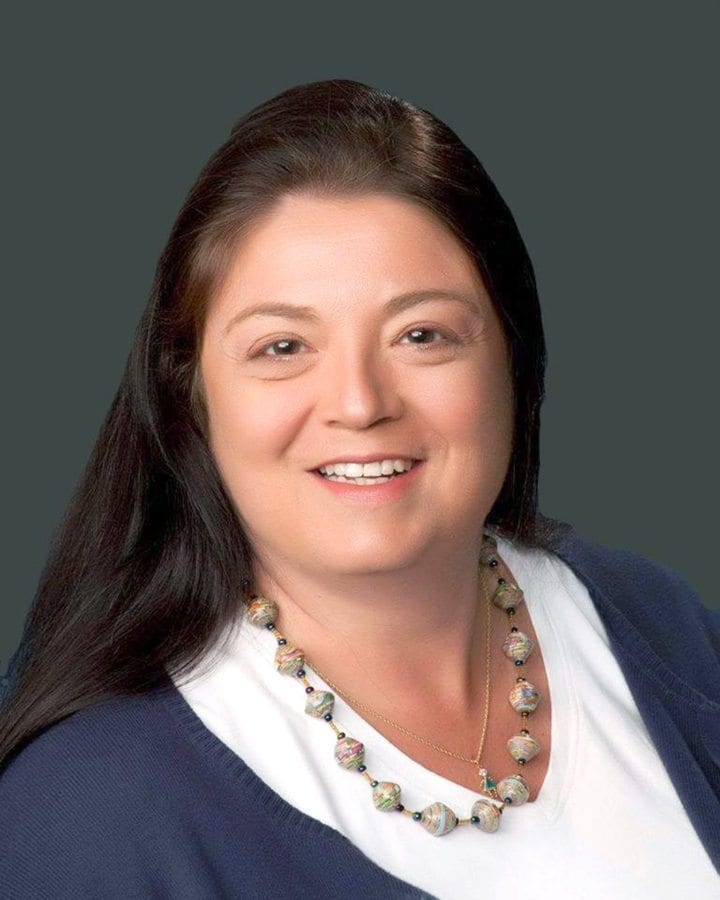Women are challenging male incumbents for all four seats on the Castaic Lake Water Agency board this election.
Lynne Plambeck, longtime environmentalist and veteran member of the Newhall County Water District, is going up against the agency board’s vice president William “Bill” Cooper for the only ‘at large’ position.
Former NCWD board member Joan Dunn is vying for the Division 1 seat currently held by R. J. Kelly, a long-standing member of the agency.
E. G. “Jerry” Gladbach, also a veteran CLWA board member, representing Division 2 is being challenged by Stacy L. Fortner, an 18-year Valencia resident who ran for a spot on the board in 2014.
The last seat, for Division 3, pits incumbent William “Bill” Pecsi against Bonnie G. Nikolai, a member of the Castaic Area Town Council.
Each of the eight candidates was asked the same question: What do you consider the most significant water issue facing the Santa Clarita Valley and why? Each candidate was contacted by both phone and email.
‘AT LARGE’ SEAT:
Lynne Plambeck
“Over the past several years CLWA has taken over several local ground water agencies and is now attempting to take over Newhall County Water District without a vote by the residents of that district,” Lynne Plambeck said.

“This water monopoly will be bad for the Santa Clarita Valley, since it will result in the unfair distribution of drinking and recycled water and an increase in water rates.
“This is what happened after the acquisition of Santa Clarita Water Co. and Valencia Water Company. My opponent in this race is a lead advocate for this takeover.
“Instead this agency needs better fiscal oversight to bring down its over $300 million in debt and ensure that water rates do not continue to increase,” she said.
Plambeck has served on the Newhall County Water District (NCWD) Board of Directors since being first elected in 1994 and was Vice President in 2002 and Board President in 2004.
William “Bill” Cooper
For Bill Cooper, the most significant water issue for SCV is “water reliability.”
“Reliability issues come from many sources and are not just a statewide problem,” he told The Signal.

“Locally we have been challenged with the loss of some of our groundwater because of contamination from the Whittaker Bermite site. While CLWA is cleaning up the groundwater it must also provide for replacement water for the shutdown wells.
“Another important reliability issue is the increased use of recycled water in our Valley. For every gallon of recycled water we use a gallon of clean potable water is freed up that can be used elsewhere or banked for future use.
“These programs while they sound simple are very complex and expensive and require people with the vision of providing for the future of our Valley.”
Cooper is a long time water professional having worked for the Metropolitan Water District of Southern California for about 40 years. During that time he held various posts including the Water Treatment Section Manager overseeing the operations and maintenance of all five Metropolitan Water Treatment Plants that supply about one-half of all the water to the 19 million people in Southern California.
DIVISION 1:
Joan Dunn
Joan Dunn told The Signal Monday that it is impossible to overlook the significance of the ongoing drought and, specifically, “what are we going to do about it?” she asked.

“We do have a lot of local water storage,” she said, just not in the SCV. “The CLWA should investigate the close storage areas in the Antelope Valley. We really need closer local storage.
“I believe a water monopoly is not good government,” Dunn said. “The larger it becomes the less efficient and unmanageable it becomes. This is a big issue in addition to my comments to you earlier.”
R.J. Kelly
Her opponent, R.J. Kelly, who has served on the Finance Committee of the Association of California Water Agencies, also served on the Finance and Retail Committees for the CLWA.

Kelly, who works as a tax and business consultant, is a United States Marine Corp retired serviceman and a veteran for the Viet Nam War.
In response to The Signal’s question put to candidates, Kelly said Tuesday: “Drought is the obvious answer but, in reality, I feel local ground water management is extremely important.
“The Governor controlled our direction regarding the drought but we can create a better water resource and management with our local retailers involved.”
DIVISION 2:
Stacy Fortner
Stacy Fortner, a Network Engineer for Frontier Communications, lost her bid for the CLWA at Large seat in 2014. Despite being virtually unknown, she garnered over 10,000 votes, or 18 percent of votes tallied.

“When I received notice several years ago, that my water district would no longer be regulated by the Public Utilities Commission, I was concerned,” Fortner said Tuesday. “Water is a precious resource for our valley and we must ensure that it is healthy and safe to drink.
“We must make sure that there are really adequate supplies for existing residents before we approve new development. Public or regulatory oversight is the only way to ensure this vital resource is clean and available for all our residents.
“That’s why I oppose the takeover of Valencia Water Company by Castaic Lake Water Agency and believe it is a major issue in this race, she said. “It is not fair to this community for CLWA to eliminate oversight and force Valencia rate payers pay hundreds of thousands of dollars dividends to them. I want to stop this practice.”
E.G. Jerry Gladbach
Gladbach – being challenged by Fortner – is past president of the Association of California Water Agencies and now serves as a member of its board of directors and as vice chair of its Local Governmental Committee. He is also Chairman of the Local Agency Formation Commission for Los Angeles County and Treasurer of the California Association of Local Agency Formation Commissions.
Gladbach has experience with water issues spanning 35 years, having worked for the Los Angeles Department of Water and Power.

“The most significant issue regarding water is to stay focused on the mission, which is to provide an ample supply of quality water at the lowest possible cost to the SCV even in time of drought,” he said.
In order to achieve this, we must, according to Gladbach:
Increase the groundwater banking program, to save water for times of drought or unexpected needs
Greatly expand the reclaimed water programs to provide this water for parks, golf courses, and street medians etc.
Support programs that increase the reliability of the State Water Project
Continue to use a broad variety of sources for water supply to ensure availability and to incorporate the newest scientific technology so as to improve both supply and quality
Continue to clean up the groundwater basin
DIVISION 3:
Castaic resident Bonnie Nikolai, a member of a Castaic Area Town Council since 2014, said she wants the SCV to work at becoming “drought proof.”
“Our valley was not prepared for the mega drought we’ve had over the last few years,” she told The Signal Tuesday.

“We were told to cut water usage and then penalized for it with higher rates,” she said. “This should have never happened. Our Valley has ample stores, but the wells are polluted and unusable.
“CLWA keeps closing our wells. We need to work on becoming drought-proof,” Nikolai said. “CLWA should have foreseen this and prepared, instead of funding infrastructure for private developers working to add more homes onto an already stressed system.
“California goes through natural periods of drought. Our almost desert climate was not created/evolved to handle a large population. But now that we’re all here, we need together to make our water system sustainable, clean and affordable,” she said.
William “Bill” Pecsi
Pecsi, with 34 years water experience, is Nikolai’s sole opponent in the Division 3 race, and is the manager of Conveyance and Distribution for Water System Operation at the Metropolitan Water District of Southern California.
He oversees a staff of 265 employees responsible for operating and maintaining MWD’s conveyance and distribution facilities, including the Colorado River Aqueduct and 16 hydroelectric and power plants.
Like Cooper, Pecsi sees water availability as the most significant issue facing the SCV.

“The two major sources for our water supply in Santa Clarita are groundwater and the State Water Project,” he said Monday. “The groundwater is a local supply source while the State Water Project imports supply from northern California.
“Our water supply reliability has been challenged by a number of events at the state and local level,” he said. “The last event to challenge the water supply was the recent 4-year California drought. This event lead to a gubernatorial mandate for 25 percent minimum conservation throughout the state.
“In addition to real hydrologic droughts, there was the regulatory drought imposed after the 2007 Alameda County State Court ruling that limited exports of state project water from the Sacramento-San Joaquin Delta over fisheries’ concerns.”
“It is because of the visionary leadership and sound investments in water supply and resource projects of the Castaic Lake Water Agency that minimized impacts from these major events,” Pecsi said.
661-287-5527
on Twitter @jamesarthurholt








